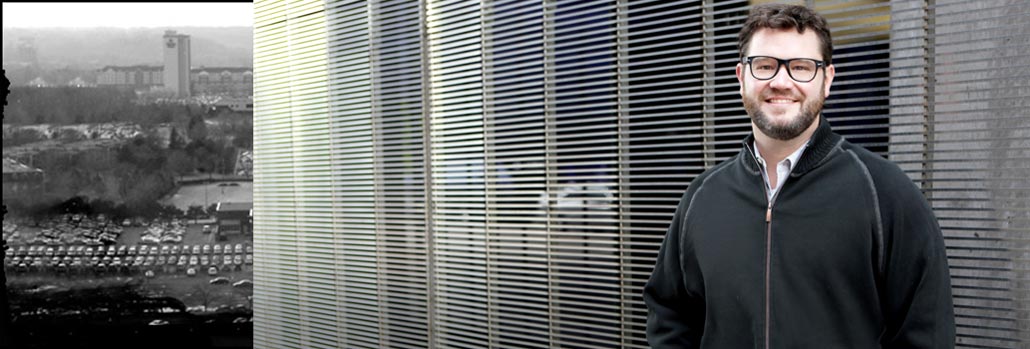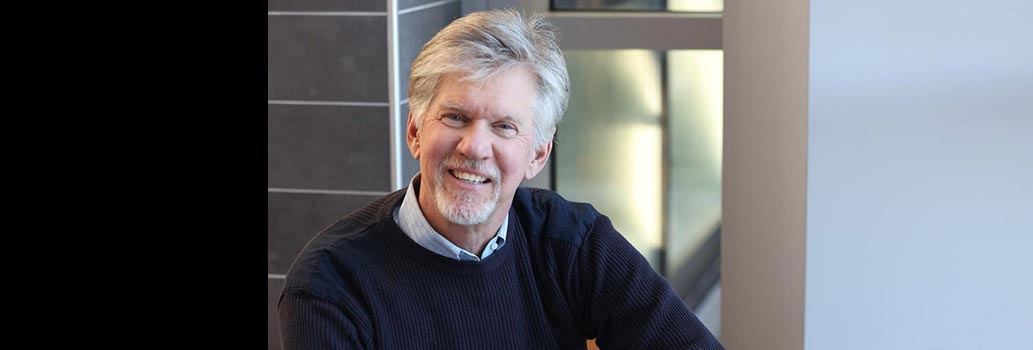Minnesota Lawyer Blogs
Home – Practice Areas – Blogs – Probable Cause
Explaining ‘probable cause’ in Minnesota
Chances are, if you’ve seen a cop show or watched a crime drama (or read the Constitution), you’ve come across the phrase “probable cause.” But do you really know what it is?
Well, if you do, please let us know — because law enforcement and lawyers have been arguing over it, and Courts have been struggling with it for more than two centuries. This is what the law says about probable cause (today, anyway).
The Fourth Amendment of the United States Constitution says,
The right of the people to be secure in their persons, houses, papers, and effects, against unreasonable searches and seizures, shall not be violated, and no Warrants shall issue, but upon probable cause, supported by Oath or affirmation, and particularly describing the place to be searched, and the persons or things to be seized.
That’s where the phrase comes from – right out of the Constitution. Article I, section 10 of the Minnesota Constitution provides a similar guarantee, using similar language and also includes the probable cause requirement.
Got a warrant?
What probable cause “supported by oath or affirmation” means in practical terms is that a law enforcement officer needs a warrant to arrest or search you.
In order to get a warrant, an officer has to swear to facts and circumstances that lead the officer to believe that probable cause exists. Under Minnesota law, the objective facts sworn to by the officer applying for the warrant must be such that “under the circumstances, a person of ordinary care and prudence would entertain and honest and strong suspicion that a crime has been committed”or that evidence of a crime will be found (State v. Wynne, 552 N.W.2d 218 (Minn. 1996)).
A judge will examine the affidavit, weigh the evidence, and if the judge thinks there is sufficient probable cause, sign the search or arrest warrant. Once signed, the cops can then use the warrant to come arrest you or search the person, place or objects described in the document.
You don’t have a warrant!
In Minnesota, a warrantless search is “per se unreasonable” (State v. Gauster, 752 N.W.2d 496 (MInn.2008)). Awesome, right?! Well, not exactly.
It seems that before the ink was even dry on the parchment, courts started carving out exceptions to the warrant requirement. So, an officer who does not have a warrant but does have probable cause (objective facts and an honest, strong suspicion that a crime has been committed) can still search or arrest you or search your property.
To stop or approach you in the first place, an officer doesn’t even need probable cause — only a reasonable, articulable — i.e., they can explain why — suspicion to do so (“I saw her fail to signal, so I pulled her over”).Once an officer has stopped you, they can form probable cause to search or arrest you based on additional observations.
Probable cause is determined on a case-by-case basis, looking at the totality of the circumstances. The officer needs to have more than a "hunch" or a suspicion that you were up to something illegal. There must be a combination of facts and circumstances known to the officer — at the time an arrest or seizure is made or a warrant application is submitted — that demonstrates a crime has been or may be committed.
If there was no probable cause to arrest or search prior to doing so, evidence found afterward cannot be used to justify the Fourth Amendment violation — and is inadmissible in court. We lawyers refer to such evidence as “fruit of the poisonous tree.”
Law enforcement searches or detentions without sufficient probable cause occur so frequently that an entire body of case law has evolved around the issue. Challenging probable cause is a foundation of criminal defense law.
On the other hand, if you consent to a search, you are essentially waiving your Fourth Amendment rights. For this reason, if you are ever detained or searched by law enforcement, first ask if they have a warrant. If they do not, then you should request that they obtain one and immediately call a lawyer.
Halberg Criminal defense has attorneys available 24-7 — Call us at 612-DEFENSE (333-3673).
















